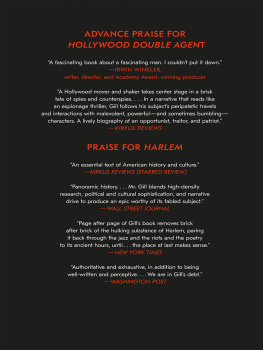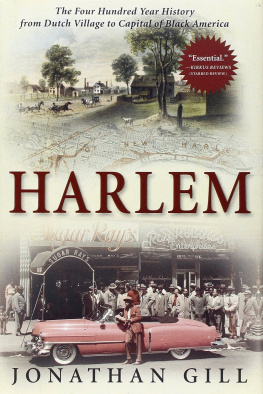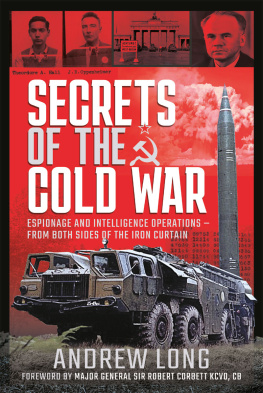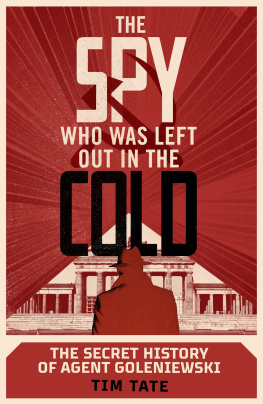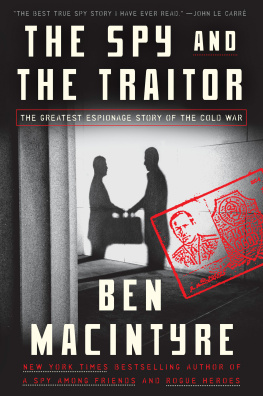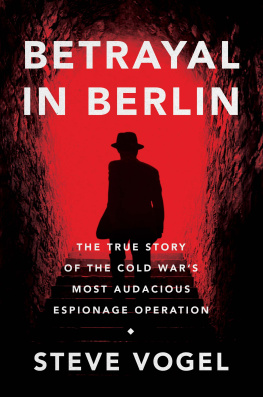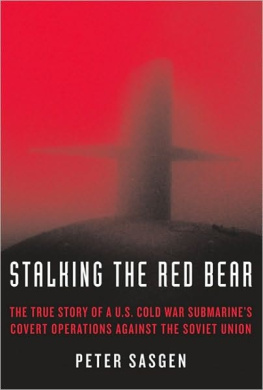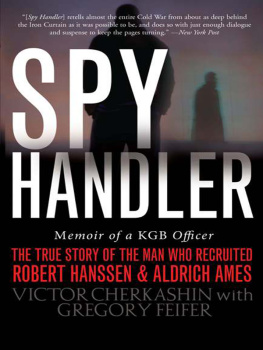Contents
Guide
Page List
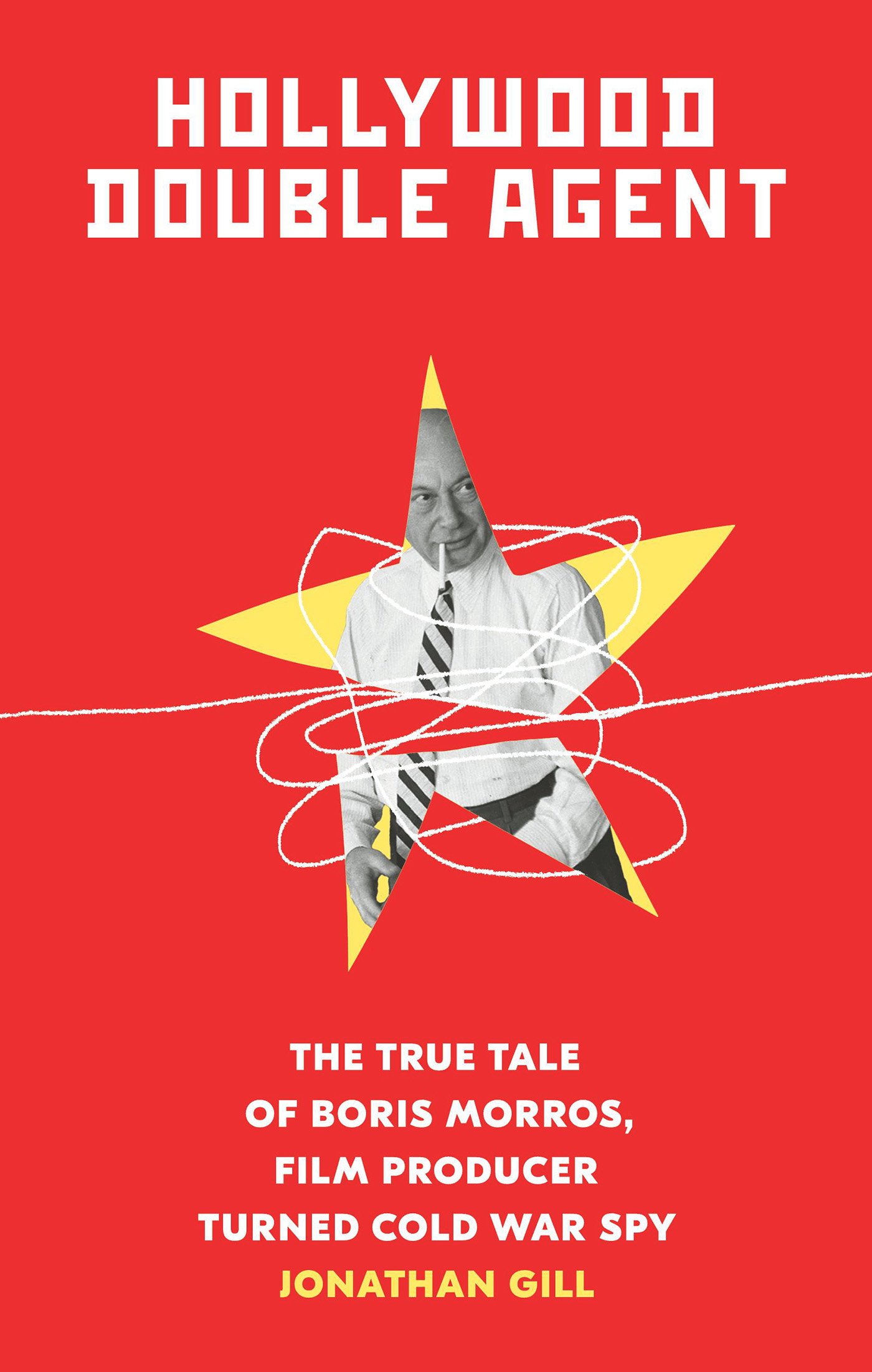

Copyright 2020 Jonathan Gill
Cover 2020 Abrams
Published in 2020 by Abrams Press, an imprint of ABRAMS. All rights reserved. No portion of this book may be reproduced, stored in a retrieval system, or transmitted in any form or by any means, mechanical, electronic, photocopying, recording, or otherwise, without written permission from the publisher.
Library of Congress Control Number: 2019939898
ISBN: 978-1-4197-4009-1
eISBN: 978-1-68335-815-2
Abrams books are available at special discounts when purchased in quantity for premiums and promotions as well as fundraising or educational use. Special editions can also be created to specification. For details, contact specialsales@abramsbooks.com or the address below.
Abrams Press is a registered trademark of Harry N. Abrams, Inc.

ABRAMS The Art of Books
195 Broadway
New York, NY 10007
abramsbooks.com
For Alan and Naomi (zl) Gill
CONTENTS
PROLOGUE
ENDGAME, JANUARY 20, 1957
It had been a bad night, as usual. The old mans hotel room in Munich was comfortable enough. What was troubling him was a secret rendezvous with a KGB agent scheduled for later that winter day in 1957 in Vienna. Operating under the code name Frost, the man had for more than a decade been considered by the intelligence services of the Soviet Union to be key to their American operations, though they suspected but were never able to confirm that at some point he became a double agent for the United States. As the morning sun filtered through the curtains and lit up the room, the man, Hollywood movie producer Boris Morros, tried to push fears of exposure out of his mind and focus on something simple: whether to catch the early train to Vienna or sleep in and take the plane. The latter won out. After all, the FBI was paying. But Boris couldnt get back to sleep. He hadnt slept well in years, always waking up in a different hotel room in a different city, always afraid of being unmasked. It wasnt paranoia. Most of the Soviet agents he had worked with had met a gruesome end: exiled, shot, strangled, poisoned, or simply disappeared.
Every little noise kept him awake: the clanking of the heat pipes, the noise of water running in the next room, a door closing. Then, at five minutes to seven, footsteps came down the hall and stopped before his door. Someone knocked three times, paused, attempted to turn the doorknob, then slipped something under the door. Boris crept out of bed, picked up the blue envelope, and tiptoed to the bathroom, where he opened it and saw one wordCINERAMAthat told him it was all over.
Cinerama was Hollywoods latest gimmick, a curved panoramic screen that covered the entire front wall of the cinema. But for Boris, CINERAMA was also the code word he had arranged with the FBI in case he was unmasked. It meant: Theyre coming for you.
He dressed quickly and crammed his belongings into a valise. If he made it back to America in one piece, would he be celebrated as a national hero, reviled as the dupe of J. Edgar Hoovers anti-communist hysteria, or perhaps viewed as a villain who had sold his soul to the highest bidder? The scene seemed to resemble something out of a movie, and he ought to know. Boris had been a Jewish musical prodigy in imperial Russia who escaped revolution and civil war before coming to America and becoming one of the top executives at Paramount Pictures in the 1930s, even as he was drawn into the shadowy world of international espionage. In the 1940s, he became an unlikely central figure in the Cold War intelligence arsenals of both the Soviet Union and the United States. An apolitical figure by nature, he had survived and flourished by telling people what they wanted to hear, and if his story took on Shakespearean proportions, it was still unclear in that Munich hotel room whether it would be history, comedy, or tragedy.
Boris Morros has been long forgotten by everyone, it seems, except Cold War historians and fans of Hollywoods Golden Age, and many of the people who do remember him today wish they didnt. Even his surviving family members, including his widow, his daughter-in-law, his grandchildren, and his great-grandchildren, dont quite seem to know what to think about their interesting family member, who took such dramatic advantage of the intersection of real life and reel life, as Time magazine once put it. If its not clear to them whether he was Nathan Hale or Benedict Arnold, they can blame Boriss constantly changing sense of his own history, as well as the culture of secrecy that still determines what we know about the wilderness of mirrors, as the CIAs James Jesus Angleton put it, that was the Cold War.
But with the release of a treasure trove of previously classified documents from both the FBI and the KGB, Boriss thrilling and disturbing story, which the New York Times called one of the most fantastic and astounding spy careers of them all, can finally begin to be told. The man who made his life into what one writer called the most fascinating myth of a generation may be largely forgotten, but his story is as relevant as ever, shining new light on issues that are still with us, and not just when it comes to accepting the truth about the threats that communism posed to American national security in the 1950s or to restoring credit to blacklisted filmmakers. It is the story of Russian attempts to infiltrate and influence the integrity of the American political system, a story that is not only relevant, but not even over. Raising perennially important questions about privacy, loyalty, and the relation between the two, it is the tale of a self-made immigrant turned Hollywood hustler who became the FBIs special special agent, whose restless ambition helped him exemplify a generation of Jews in the entertainment world who remade themselves even as they remade America. It is also the story of tragic contradictions and missed opportunities, the inspiring successes and breathtaking accomplishments of one mans American Century, a story that would have ended right there, in that hotel room in Munich in 1957, if the old man hadnt been able to get away.
Boris dashed down the stairs, found a taxi to the airport, and managed to get on board the first flight home. After a lifetime of suiting his past to fit his present, all Boris now had to do was to tell his story, for the very first time, the whole story, perhaps even, finally, the real story.
PART I
CHAPTER ONE
ENTER BORIS, 18911914
Boris Morros was born on January 1, 1891, though the papers couldnt agree on his age when he died seven decades later in a New York City hospital bed. Determining the date of his debut, not to mention understanding what happened between then and the rolling of the credits, is no simple matter, because nothing about Boris Morros was simple.
Well into the twentieth century, Russians paid little attention to birth dates. Stalin himself died without ever knowing for sure when he was born, and like Stalin, who would claim different birth dates to serve different political goals, Boris took advantage of the confusion. As he later put it: A little embellishment never ruined a good story, which is why at one point or another he claimed no fewer than four different birth dates, though the overwhelming documentary evidence, including his Social Security records and his World War II draft registration card, as well as investigations by Soviet intelligence, points to New Years Day of 1891.

